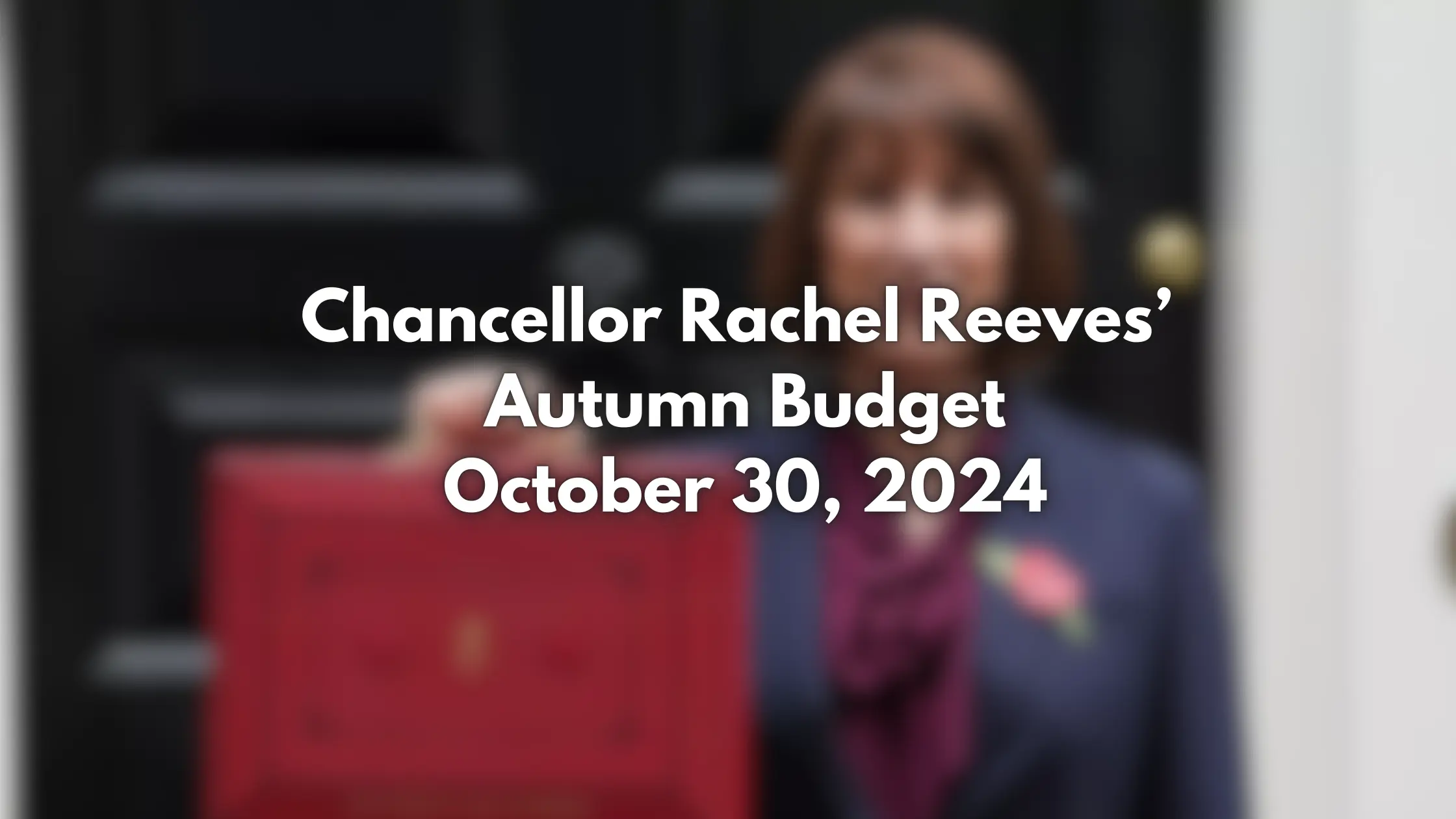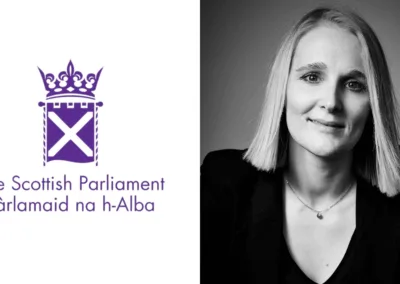Policy & Influence
The Council’s policy work underpins each of its pillars, currently Investment, Innovation & Technology; Talent & Careers and Trade & Export. More widely, it is driven by the current – and pressing – issues facing the beauty and personal care industry.
This two-pronged approach ensures the Council is always advocating for all of the sectors that make up our vibrant and talented industry, enabling us to support sector-specific trade organisations.
Pillar President:

Victoria Brownlie MBE
Chief Policy and Sustainability officer, British Beauty Council
Victoria Brownlie is Chief Policy & Sustainability Officer at the British Beauty Council, previously acting as Director of Policy and Public Affairs at theNational Hair and BeautyFederation. She has more than fifteen years of experience influencing government policy and lobbying across a variety of areas from the environment to equity, local government, construction, animal welfare and business.
During the pandemic, Victoria was instrumental in securing vital financial support and reliefs for the personal care sector, working with governments across the four nations to ensure the salons on our high street, the brands that supply to retailers, had businesses to return to.
She was awarded an MBE in 2024 in recognition of this work and her efforts since to achieve sector representation in Westminster and beyond.
Our vision for the Beauty and Personal Care Industry:

Key Policy Objectives for the Beauty Industry
The British Beauty Council has identified key policy areas* which could most significantly benefit the beauty and personal care industry and the 603,000 people it employs. Business support in these areas will most effectively deliver economic stability.
Tax and Spend
- Tax reform including a reassessment of VAT policy, specifically focussing on the current VAT threshold cliff-edge, which deters growth of micro-businesses.
- A re-evaluation of the significant increase in employer costs from the Autumn Budget 2024 and the unintended consequences such as lay-offs, employment freezes, forced self-employment, disguised employment and an increase in the underground economy.
- A wholesale review of business rates to create a tax system that’s fit for the 21st century.
- Targeted investment incentives that prioritise business reshoring and increase UK manufacturing and innovation, particularly in relation to sustainability.
- A commitment to review the classification of SPF30+ to an ‘essential’ rather than an ‘cosmetic’ item.

Trade and Regulation
- Recognition of the beauty industry as a creative industry and its role as a key growth partner within the Industrial Strategy.
- A closer and more positive working relationship with the EU in respect of trade and export policy.
- Greater support for the safeguarding of Intellectual Property for UK business innovation.
- The introduction of an internationally competitive, tax-free shopping scheme for international visitors.
- A commitment to maintain a sector specific, risk-based, approach to any regulatory reform relating to UK Cosmetics Regulation in order to ensure long-term stability.
- A commitment to proceed with licensing regulation as secondary regulation under the Health & Care Act 2022 in the aesthetics sector.
Education and Growth
- Tax-deductible business training in new areas of business such as AI and sustainability.
- An updated education system via Skills England that works for a modern Britain, under the remit of the Department for Business and Trade to ensure the qualifications are fit-for-purpose for UK business.
- Better business alignment in the development of the Growth and Skills levy to build on and develop skills in the areas both large and small businesses need.
- The reintroduction of Child Benefit for families of under 18’s who undertake apprenticeships.
ESG
- Support and incentives for companies to implement carbon reducing, circular, nature positive and environmentally sustainable business practices.
- A focus in resources to ensure improved access to funding for typically disadvantaged groups such as women and ethnic minorities and greater representation at all levels of business and enterprise.
- An implementation strategy in relation to Extended Producer Responsibility regulation that works with industry to ensure a common-sense approach to execution e.g. utilising digital labelling etc.
Rishi Sunak ELLE interview
Chancellor Rishi Sunak praised the British beauty industry for being the best of British business and for providing an essential service throughout the pandemic as he opened British Beauty Week in London’s Covent Garden on Wednesday.
Paul Scully MP interview
During British Beauty Week 2021, we were joined by Paul Scully MP. In this video, he is interviewed by British Beauty Council Chief Policy Officer Victoria Brownlie.

British Beauty Council recommendations are included in Women and Equalities Cosmetic Procedures Report

Scotland takes a step toward regulating aesthetic treatments

Government commits £725m to apprenticeships over next three years

Invest in Women Taskforce launches first annual report ‘The Missing Slice’
*The Council’s policy activity is subject to change and adaptation according to government activity and industry priorities.
